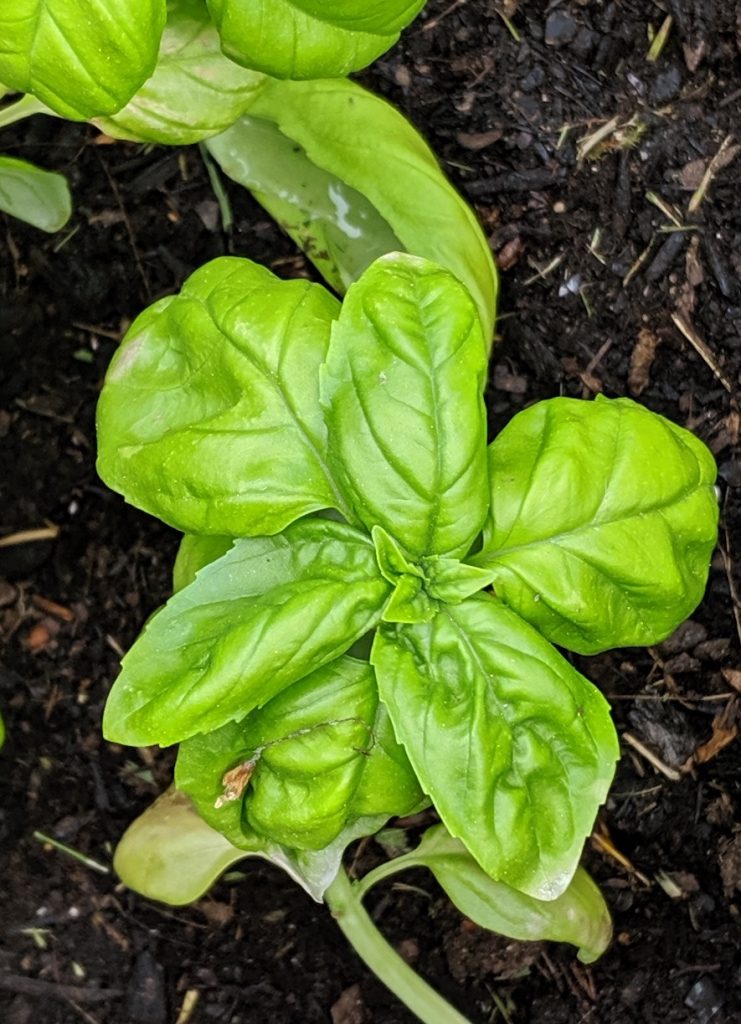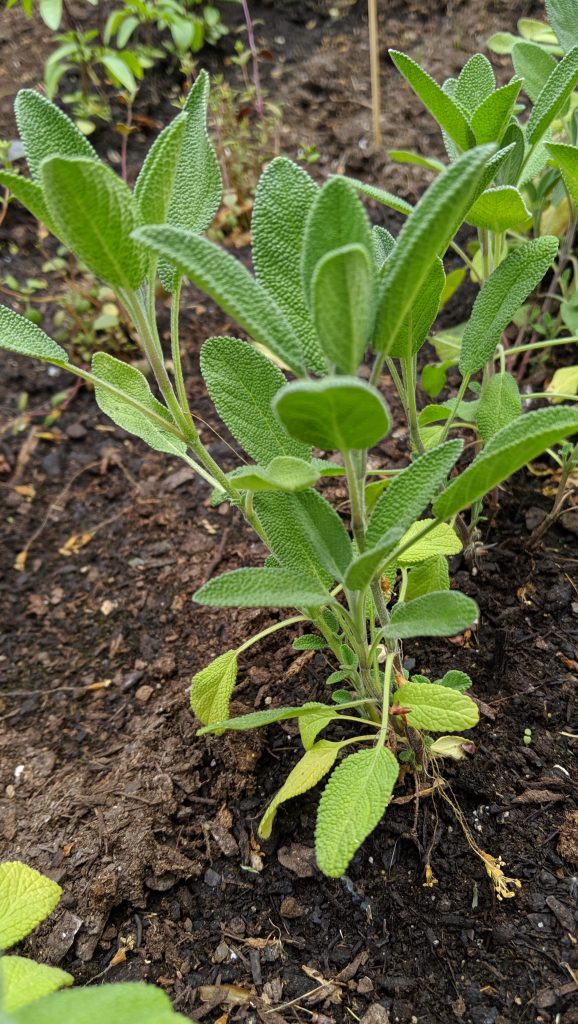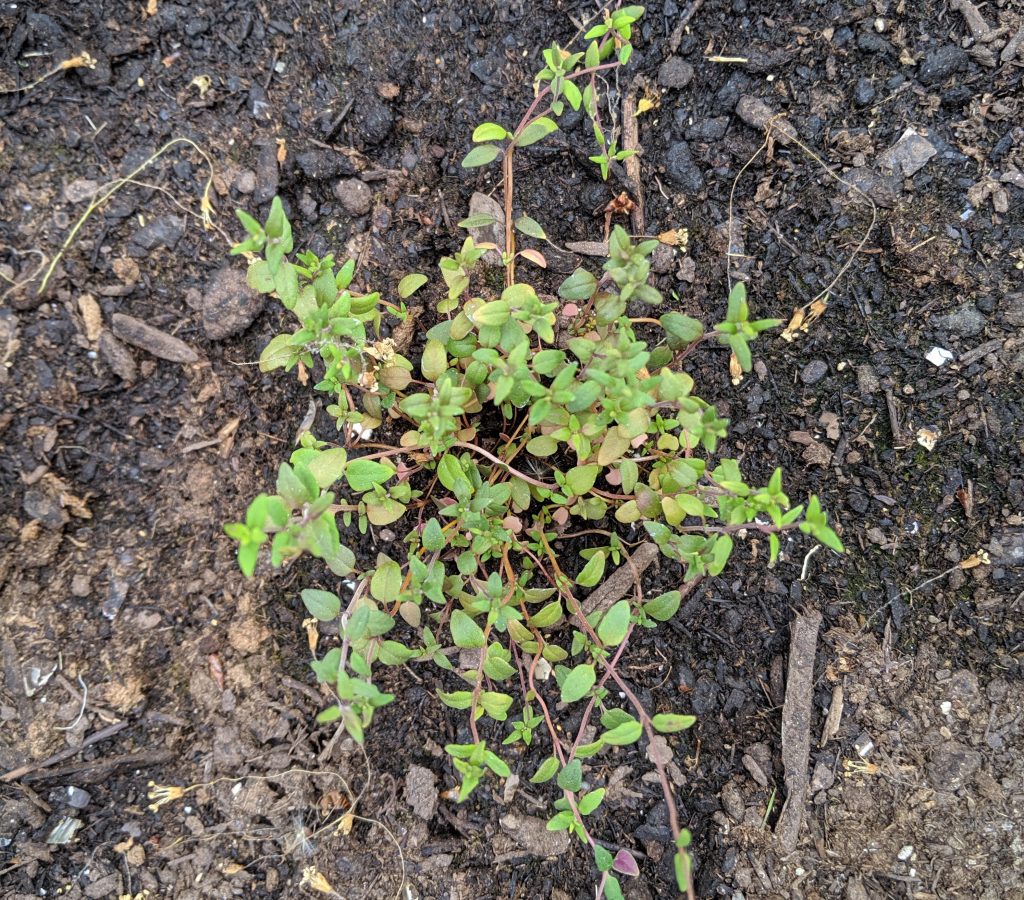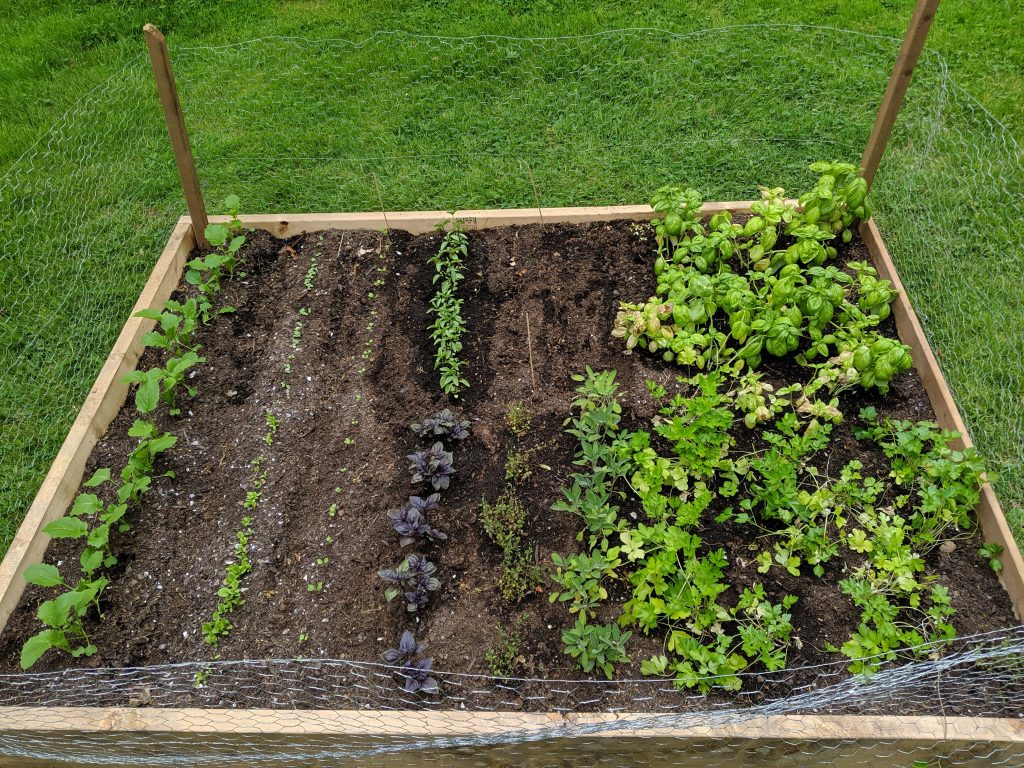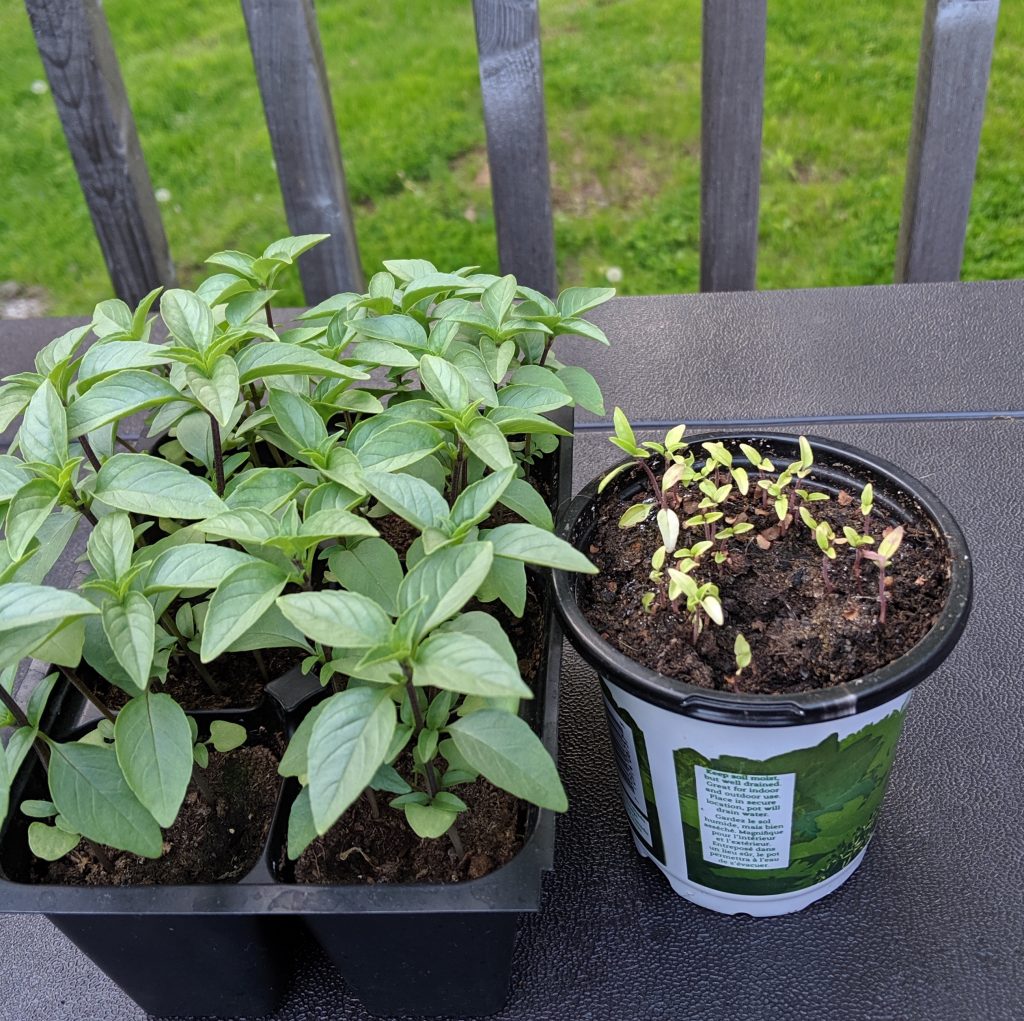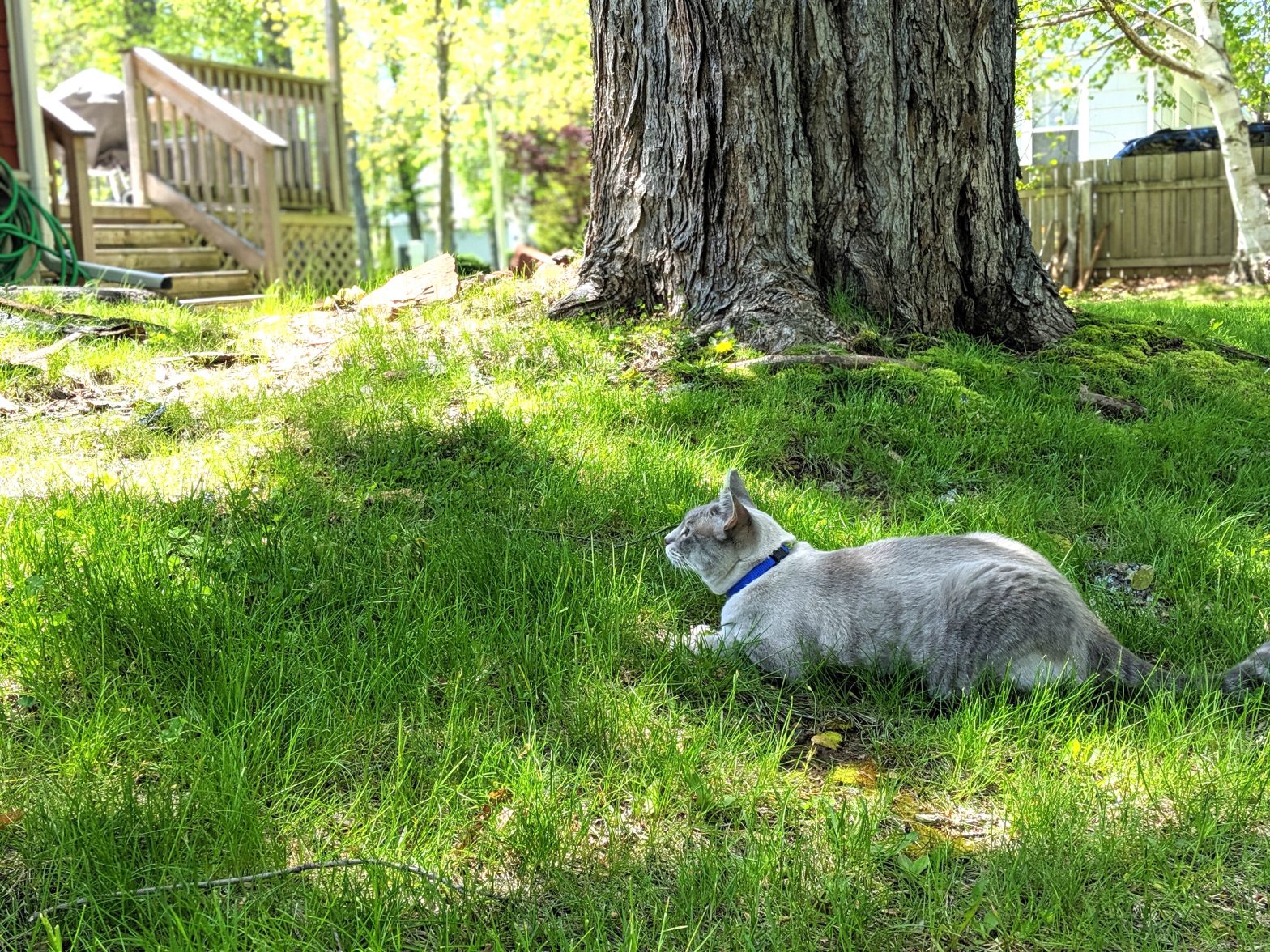I am writing this on the traditional and present homeland of the L’nui Mnikuk and Epekwitk First Nations. Under the Peace and Friendship Treaties, this territory – as part of Mi’kma’ki – was never surrendered, and is still Mi’kmaq land.
Ton, you asked “what was the import” of the paragraph like that in my last post, the one about the garden.
Short answer, it’s a territory acknowledgement. It’s a thing that’s become common in Canada at the beginning of a meeting or ceremony, to show our respect to the Indigenous Peoples who were here first, as part of the ongoing project of Reconciliation.
Also, what I just said is a steaming pile of bullshit.
Because territory acknowledgements are not reconciliation. They can be, and are in danger of becoming more frequently, an easy way to say you did something, while actually not doing anything at all. It’s a transposition of the Catholic ritual of absolution, a salve for the guilty white conscience. It lets us pat ourselves on the back. We did dun good. Chelsea Vowel (âpihtawikosisân) wrote an excellent analysis of this. So what’s the import? Is it just performative wokeness, a transaction for social capital in front of other Lefties?
This morning, trying not to get anything wrong, I read the texts of the Peace and Friendship Treaties (1752 and 1761-62) for the first time. In writing this post, I learned the Mi’kmaq name of the Lennox Island First Nation. By doing this I’m educating myself, realizing how much I don’t know.
It was 2010 when I saw this mural in Montreal: NO OLYMPICS ON STOLEN NATIVE LAND.
-

Image by Ambiguous Furry Rocking Thing, license CC0 1.0.
I remember how uncomfortable it made me. I didn’t like how big and in-your-face it was. Stolen land? Isn’t that a bit harsh? What do they intend to gain by calling it that? Just make us feel guilty and shitty about something awesome like the Olympics? It’s too late now anyway, it’s happening. If land theft happened, it was so, so long ago. What are we supposed to do, just pick up and walk away from where we live?? Just… die??
White fragility is a thing.
When the Truth and Reconciliation Commission released their report in 2015, they called (among other things) for educational institutions to be truthful about the history of Canada. I mean, according to my grade 8 social studies, history started in 1534 when Jacques Cartier was welcomed(!) by the Natives and developed right up till Canada became Canada in 1867. We didn’t learn about the Treaties. We didn’t learn about the Indian Act. We didn’t really learn about the harm done by Residential Schools. We didn’t learn about the 60’s Scoop, or the continued forced removal of indigenous children from their families. And of course we didn’t learn about the many ways in which Indigenous communities are currently being denied clean drinking water, health care, education, criminal justice, acceptable housing, food security, self-determination, sovereignty over their land, and even a planet that can sustain human life. These are Treaty rights, Indigenous Rights, and Human Rights. But the idea that this country was and is built on strategies for wiping out ethnic groups i.e. genocide goes against our cultivated self-image as a smiling, multicultural, meritocracy.
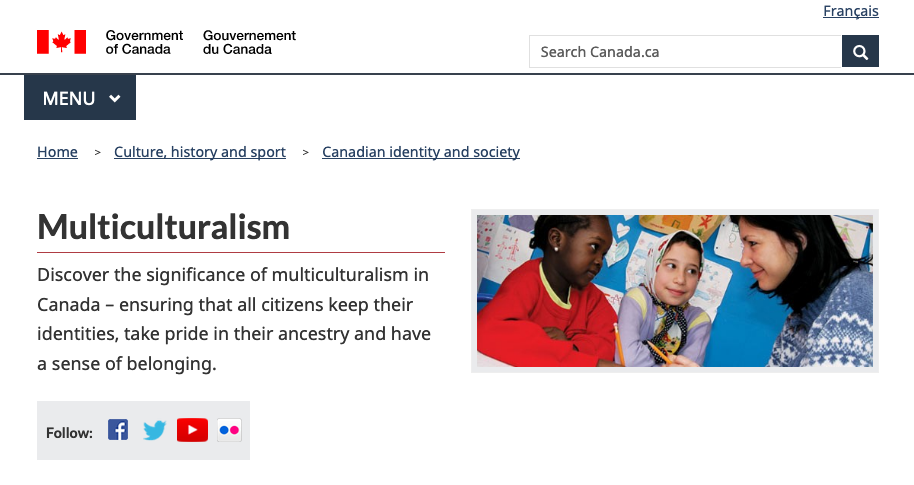
For me, it all fell apart when I learned about the Doctrine of Discovery. I mean, I had kind of assumed that people could move to wherever they wanted to and make peace with (or take over from) whoever lived there. Isn’t that just human nature, back to the Roman Empire and before? Well, no. This 15th century Papal Bull, that says that non-Christians are non-people, gives Christian explorers the “right” to claim “un-exploited” land as their own. Which is what happened. Which led to settlers, the violent removal of Indigenous people, and a system of Deeds of Conveyance of land right up to the one I signed in “the year of our Lord [sic] Two Thousand and Sixteen.”
So when I cultivate a garden with European plants, on this “parcel of land lying and being part of Common Lot Number Thirteen in the Common of Charlottetown,” I am particularly conscious of how my life is a continuation of settler colonialism.
And I say it, because hearing others say it made me realize how much I had to learn. I learned from Indigenous activists, who are doing incredible work (and putting up with disgusting amounts of abuse). I learn from Elders, who I have been fortunate to hear speak at UPEI. I learn from friends, who have been doing this work for longer, and far better than I have.
I say the land acknowledgement because it makes me uncomfortable, and hopefully makes other settlers uncomfortable and start to question. The education piece has a long way to go.
But as Pam Palmater writes, land acknowledgements and self-education are not reconciliation. They’re the bare fucking minimum we should have been doing all along.
We should be demanding our governments enact the TRC’s Calls to Action and the NI-MMIWG’s Calls for Justice. Taking action to stop pipelines, protect waterways and water tables. We need to end the exploitation economy.
That’s the reconciliation work I should be doing, and haven’t even started yet.
